As a witness to the growth of Vietnam's agricultural diplomacy since the early days of integration, Mr. Tran Kim Long - former Director of the Department of International Cooperation (Ministry of Agriculture and Rural Development), clearly remembers every step in the process of bringing our country's agriculture to the world.
Innovation in thinking from international cooperation
Mr. Long started working at the Ministry of Agriculture and Rural Development in the late 1990s, when Vietnam had just emerged from the difficult post-subsidy period and was expanding cooperation with international organizations. From a foreign affairs specialist, he gradually participated in negotiations, preparation and implementation of a series of international cooperation projects, before taking on the position of Director of the Department of International Cooperation - the focal point for foreign relations of the Ministry. During more than two decades of work, he directly coordinated programs to attract ODA capital, bilateral and multilateral cooperation and participated in many international negotiation delegations on agriculture , forestry, fisheries and environment.
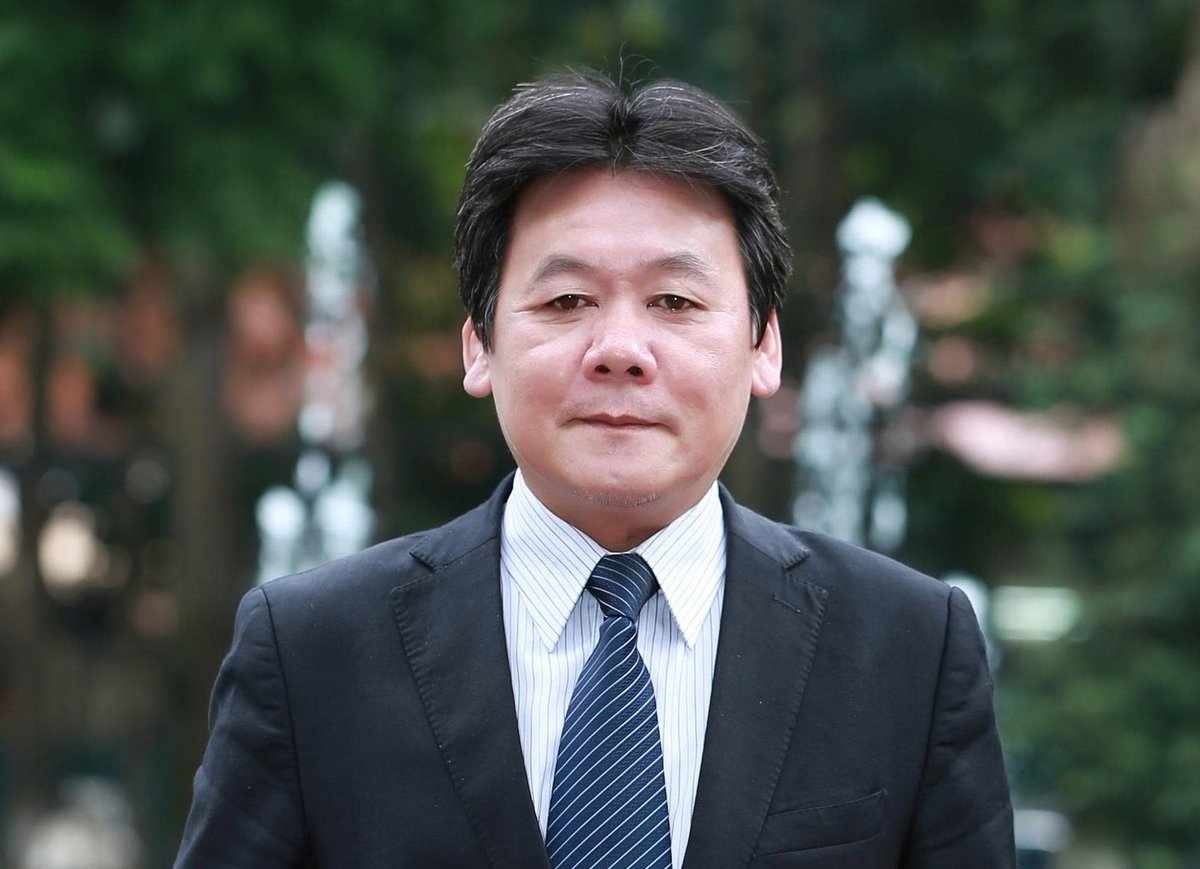
Mr. Tran Kim Long - former Director of the Department of International Cooperation (Ministry of Agriculture and Rural Development - now the Ministry of Agriculture and Environment ). Photo: NVCC.
In the early 2000s, when Vietnam accelerated the process of joining the WTO and signing the first FTAs, the Ministry of Agriculture and Rural Development faced an urgent need to find new resources to innovate production, infrastructure and institutions. The merger of many agencies into the Ministry of Agriculture and Rural Development created a multi-sectoral management hub, from cultivation, livestock, aquaculture to forestry, irrigation and rural development, but also posed great challenges in terms of capital, science and technology and human resources.
“At that time, we were still very confused, bewildered, and lacking in capacity,” Mr. Long recalled. “But through the process of participation and learning, the Ministry also proactively built and improved its capacity, and then selected and sent high-quality agricultural negotiation delegations that met the requirements of free trade agreements.”
He said that at that time, the International Cooperation Department had more than 50 people, but "the staff was large but the work was still too much". Many staff members studied foreign languages, translated documents themselves, and adjusted work processes to comply with international standards. "Where there is history, there is thinking", he said, "each project, each signed document is a process of learning and growing."
According to estimates from the Department of International Cooperation, in the first two decades of the 21st century, the Ministry of Agriculture and Rural Development has mobilized nearly 10 billion USD in preferential loans from the World Bank, ADB, FAO, JICA, IFAD, AFD, etc., along with hundreds of millions of USD in non-refundable aid. At the same time, nearly 5 billion USD in FDI capital has also been attracted to the fields of processing, forestry, livestock and aquaculture, contributing to improving the productivity, value and competitiveness of Vietnamese agriculture.
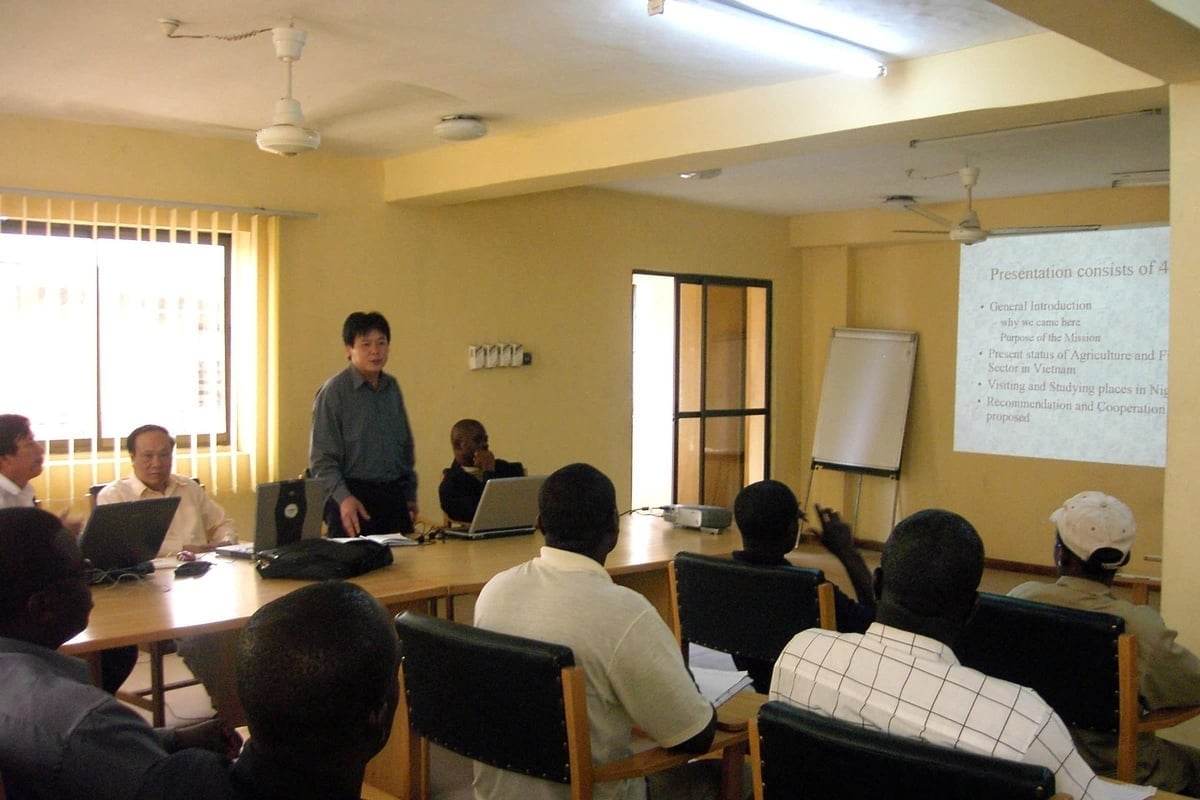
Mr. Long in a discussion about agricultural cooperation experience with Nigerian experts.
“It can be said that during that period, international cooperation was the blood that nourished the entire innovation process of the agricultural sector,” Mr. Long shared.
International cooperation programs and projects during this period not only brought financial resources, but also made an important contribution to changing the management thinking of the sector. The World Bank (WB) and the Asian Development Bank (ADB) focused on supporting Vietnam in improving institutions, policies and investing in rural infrastructure. The Food and Agriculture Organization of the United Nations (FAO) and the Japan International Cooperation Agency (JICA) promoted sustainable agricultural models, adaptation to climate change and improved technical capacity for Vietnamese officials. Meanwhile, the International Fund for Agricultural Development (IFAD), the Danish International Development Agency (DANIDA) and the Australian Center for International Agricultural Research (ACIAR) focused on supporting livelihoods, strengthening the role of people in planning, implementing and monitoring rural development projects.
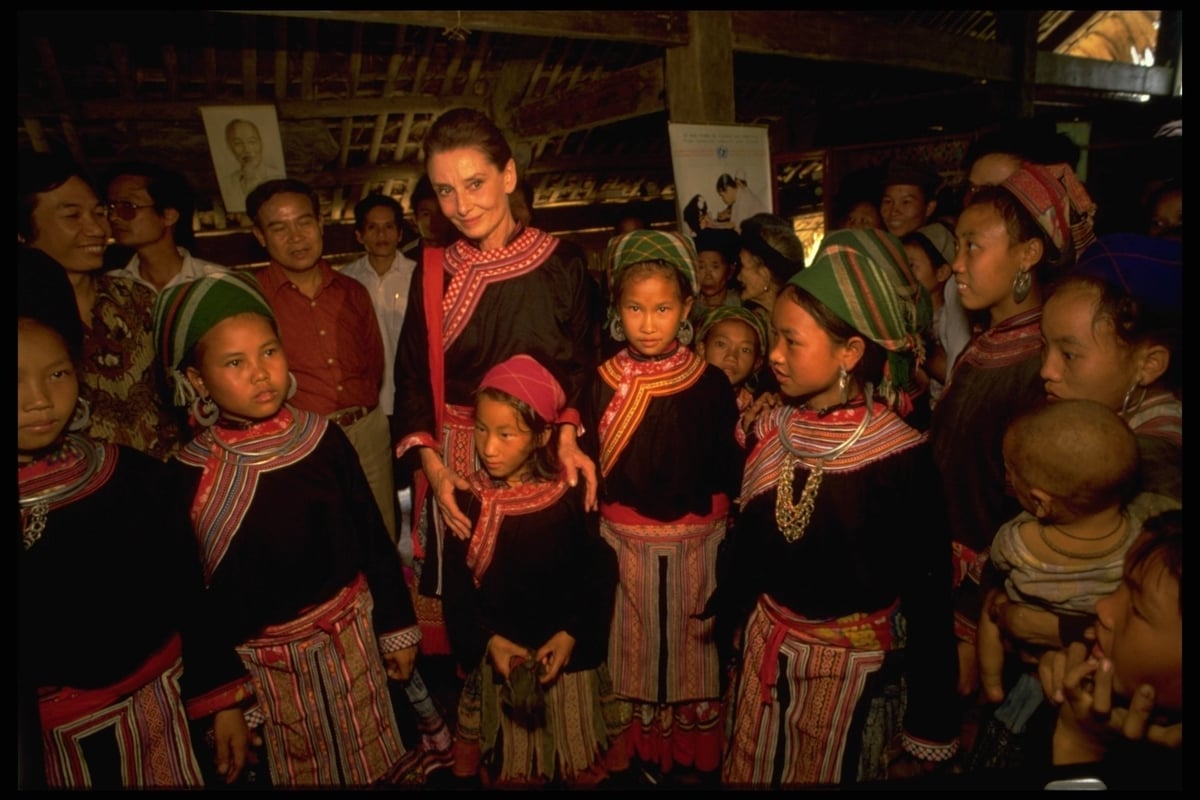
Along with receiving capital and technology, Vietnam gradually changed its role from an aid recipient to an experience sharing country.
One of the highlights of this period is the Forestry Sector Development Partnership (FSSP), established in 2001, a multi-stakeholder cooperation model between the Ministry of Agriculture and Rural Development and international donors. Through FSSP, the forestry sector has gradually built a management manual, a monitoring and supervision system, and completed the legal framework, including amending the Law on Forest Protection and Development in 2004, forming the Forestry Sector Trust Fund (TFF) and supporting the implementation of the Decree on payment for forest environmental services, an important foundation for current forest economic development.
This partner is also a bridge to bring into Vietnam advanced forest management tools such as FSC sustainable forest management certification and FLEGT license - a mechanism to certify the legality of timber exported to the European Union. Thanks to such cooperation, the Vietnamese forestry industry has so far formed a relatively complete system of legal documents and operating mechanisms, helping Vietnamese wood products to be qualified to compete fairly in international markets.
According to Mr. Long, “the projects not only transfer technology, but also help us learn how to think long-term, how to organize the value chain and monitor transparently.”
Along with receiving capital and technology, Vietnam has gradually shifted its role from an aid recipient to an experience-sharing country. Through South-South cooperation programs sponsored by FAO and JICA, many Vietnamese experts have gone to support African countries, Cuba, Laos, and Myanmar in agricultural production, aquaculture, and livestock breeding.
One of the most memorable memories was a 2006 business trip to Nigeria, where a Vietnamese expert team was invited to re-plan a large-scale agricultural farm. Although the project was not officially signed due to institutional differences, the team's methodical, practical and creative working style left a strong impression on the host country.
From such experiences, Vietnam is recognized by the international community as a reliable development partner, ready to contribute to global agricultural programs.
From integration to co-creation
According to Mr. Long, the current period poses new requirements for agricultural diplomacy: from attracting traditional ODA capital to green investment cooperation, technology transfer and emission reduction. However, he believes that the two capital flows of ODA and FDI still need to be maintained in parallel, because "they complement each other, helping to build a modern, globally competitive and environmentally friendly agriculture".
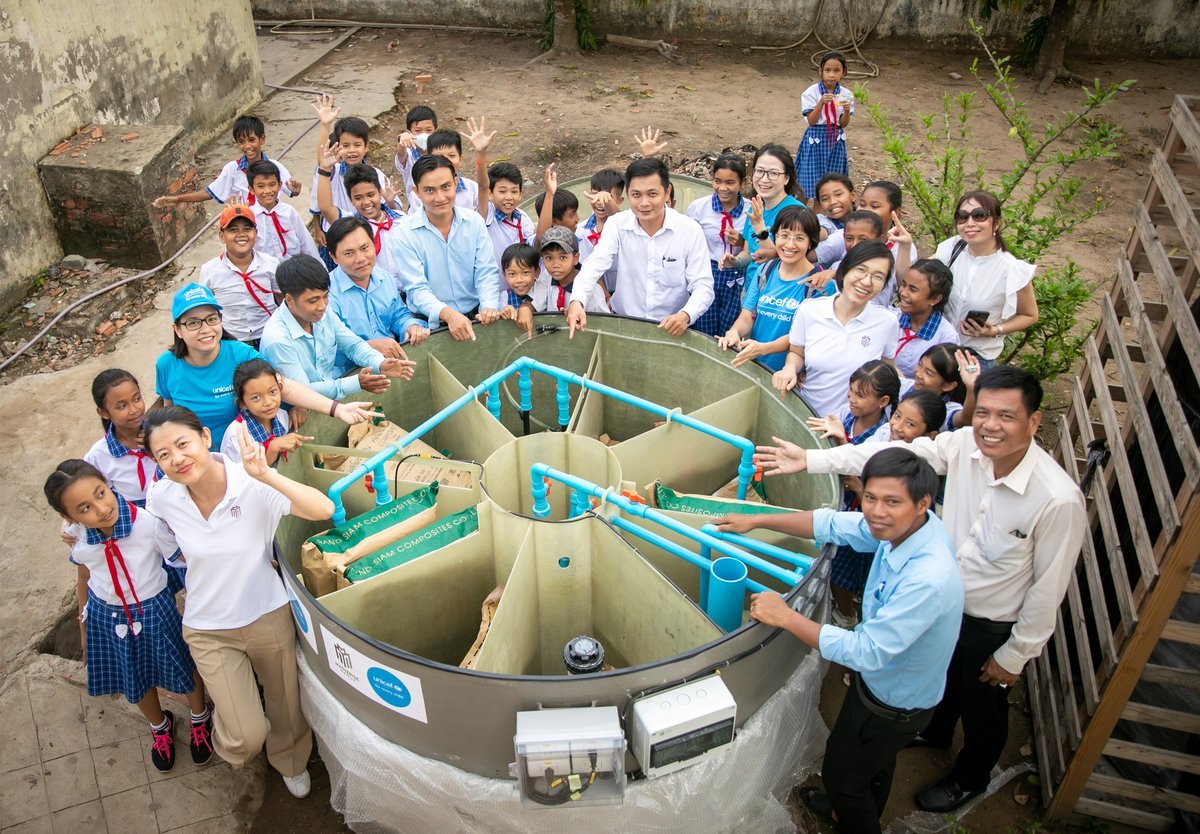
The current stage poses new requirements for agricultural diplomacy: from attracting traditional ODA capital to green investment cooperation, technology transfer and emission reduction.
He emphasized that to maintain effective international cooperation, the human factor is key. “International cooperation officers must constantly learn, be good at their profession, foreign languages, and especially have professional ethics,” he said. “In this job, words must go hand in hand with actions, because every word and every action reflects the image of the country.”
Over the past twenty years, international cooperation has become an important pillar helping the agriculture and rural development sector transform from small-scale production to a commodity agricultural economy, from an aid recipient country to an active partner in many global initiatives on food security, climate adaptation and emission reduction.
“In the context of a volatile world, agricultural diplomacy is not only a tool to mobilize resources, but also a way for us to affirm Vietnam's position and responsibility in the international community,” said Mr. Long.
From the foundations built by generations of international cooperation officers, Vietnam's agricultural sector today is entering a deeper integration phase - where ODA, FDI and green cooperation programs continue to be the driving force to promote the transformation of modern, efficient and sustainable agriculture.
Source: https://nongnghiepmoitruong.vn/hai-thap-ky-mo-rong-hop-tac-quoc-te-d782071.html








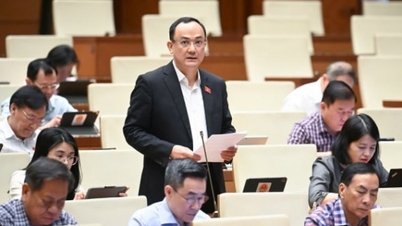


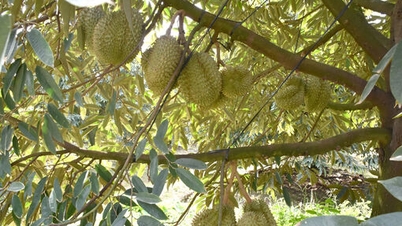

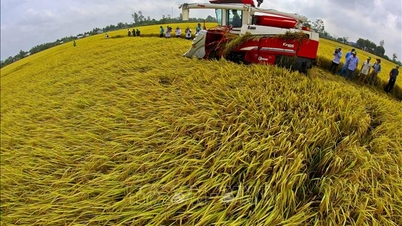





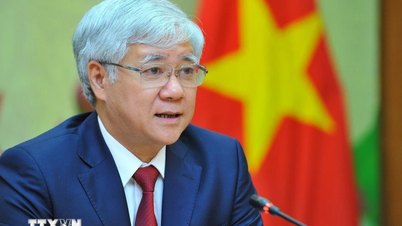

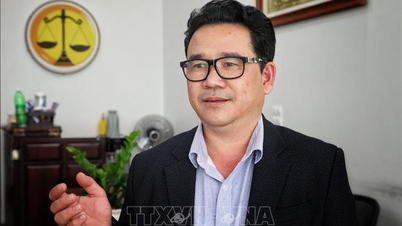
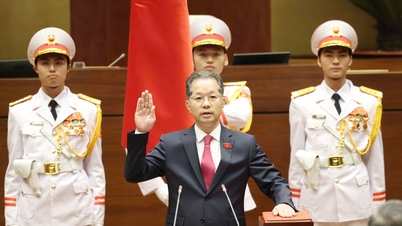
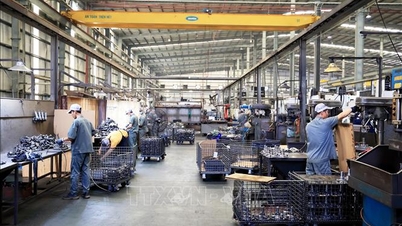
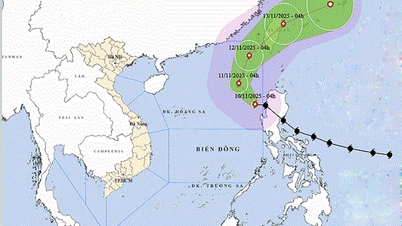





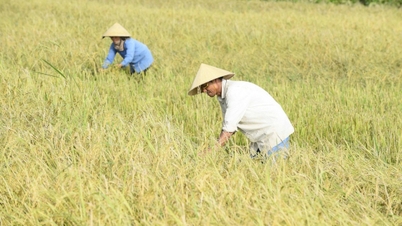
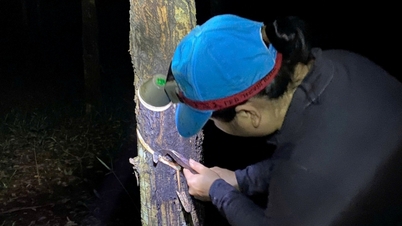
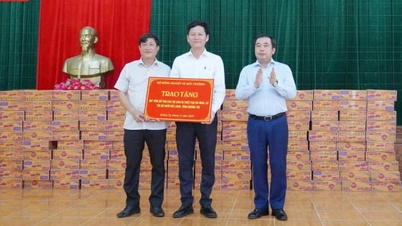
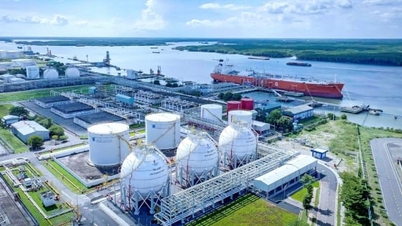





























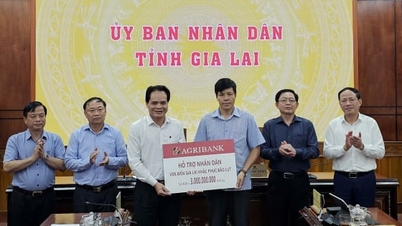












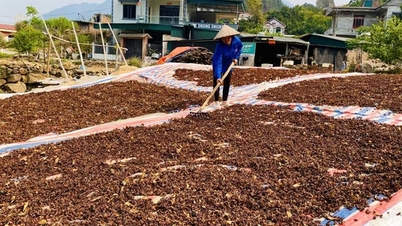




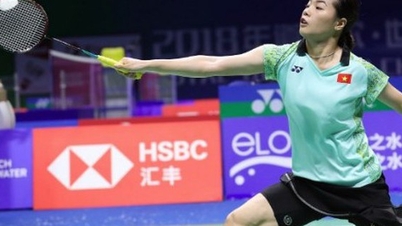
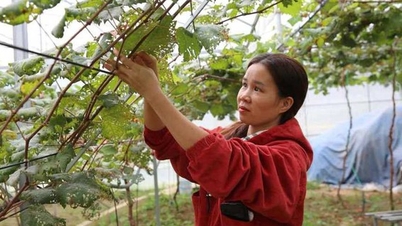
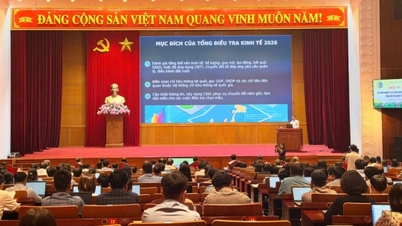



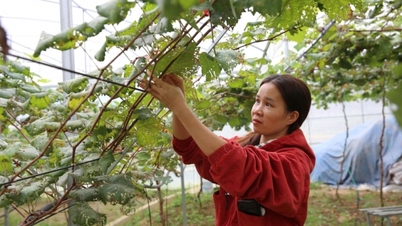
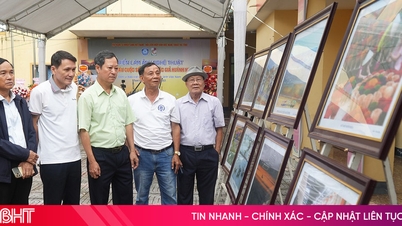

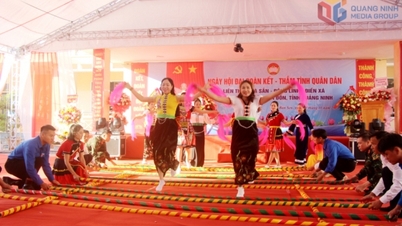
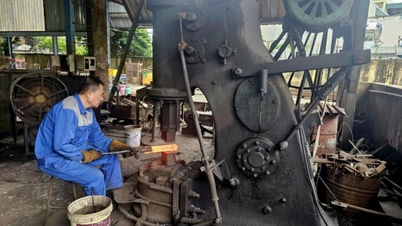
![Dong Nai OCOP transition: [Article 3] Linking tourism with OCOP product consumption](https://vphoto.vietnam.vn/thumb/402x226/vietnam/resource/IMAGE/2025/11/10/1762739199309_1324-2740-7_n-162543_981.jpeg)











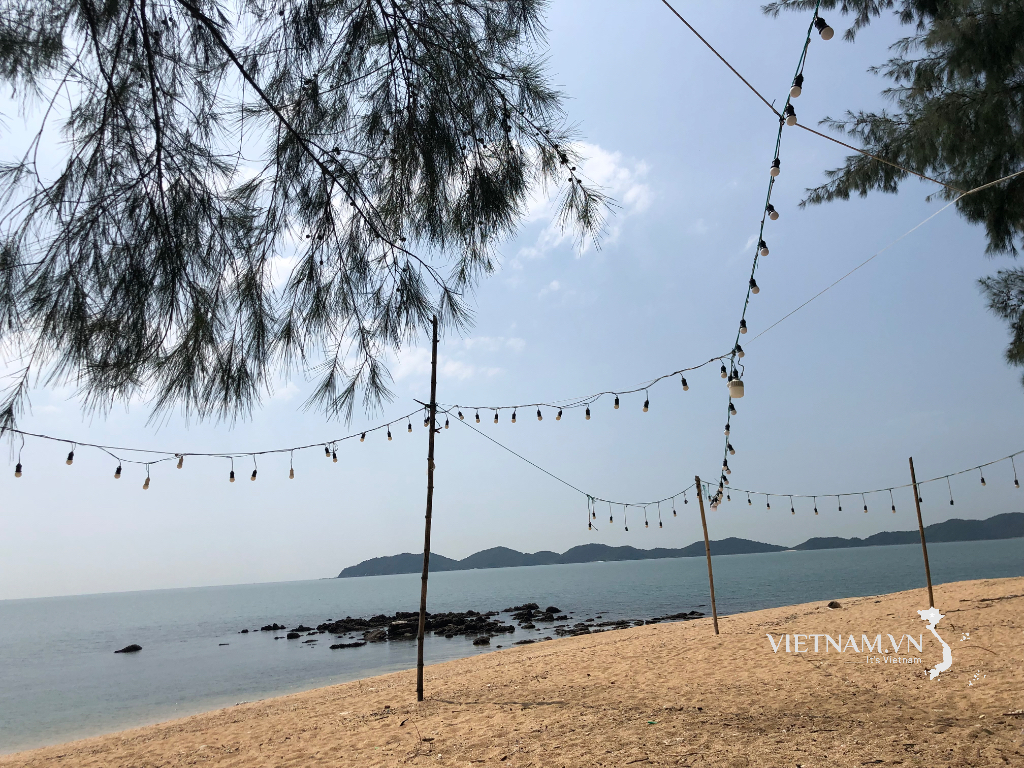

Comment (0)